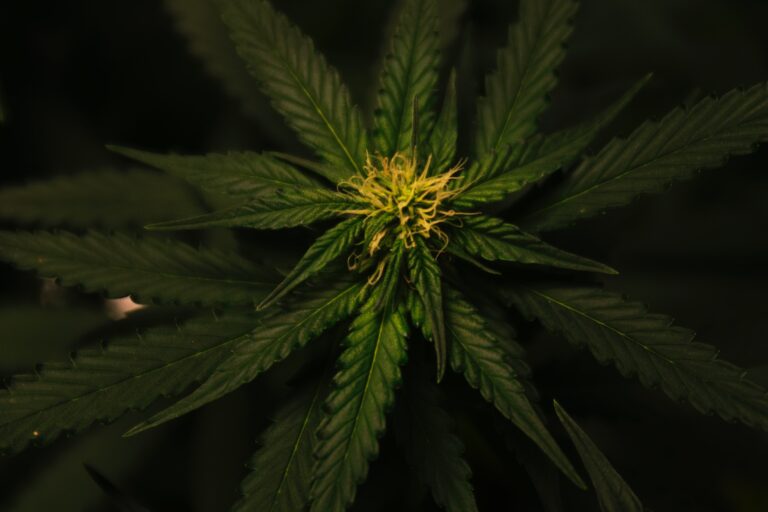Is Cannabis Legal in Sudan?
In Sudan, cannabis is considered an illegal substance. The use, possession, cultivation, and distribution of cannabis is prohibited under Sudanese law. Despite this, cannabis use and cultivation remain prevalent in some regions of the country, especially in the rural areas where enforcement is less stringent. This article will discuss the public opinion on cannabis, laws and penalties, terminology, and the status of CBD and medical cannabis in Sudan.
What is the Public Opinion on Cannabis in Sudan?
Public opinion on cannabis in Sudan is varied, with some individuals supporting its legalization and others opposing it. Generally, the conservative and religious population tends to be against the use of cannabis, while younger and more liberal individuals may be more open to its use. However, due to the country’s strict laws and the influence of religion on its society, cannabis use is not widely accepted or discussed openly.
What Laws, Penalties, and Law Enforcement Exist Regarding Cannabis in Sudan?
Under Sudanese law, the use, possession, cultivation, and distribution of cannabis are illegal. Penalties for violating these laws can be severe, including imprisonment, fines, and corporal punishment, such as flogging. Law enforcement agencies in Sudan actively enforce these laws, with frequent arrests and crackdowns on cannabis cultivation and distribution. However, in rural areas, where law enforcement presence is limited, cannabis cultivation and use may be more prevalent.
What Terminology is Used for Cannabis in Sudan?
In Sudan, cannabis is often referred to as bangi or bango, which are local slang terms for the plant. Other terms used to describe cannabis in Sudan include hashish, which is used to refer to the resin extracted from the cannabis plant, and kif, which is a term used in North Africa to describe a mixture of cannabis and tobacco.
Is CBD Legal in Sudan?
Cannabidiol (CBD) is a non-psychoactive compound found in cannabis plants. Although it does not produce the high associated with THC, it is still considered an illegal substance in Sudan. As a result, the use, possession, and distribution of CBD products are prohibited under Sudanese law.
What is the Status of Medical Cannabis Use in Sudan?
Medical cannabis is not recognized or allowed in Sudan. The country’s strict drug laws do not make exceptions for the use of cannabis for medicinal purposes, even for patients suffering from debilitating conditions. As a result, individuals in Sudan who could potentially benefit from medical cannabis have no legal means to access it.
What are the Cannabis Cultivation Regulations in Sudan?
Cannabis cultivation is strictly prohibited in Sudan. Individuals caught growing cannabis plants can face severe penalties, including imprisonment, fines, and corporal punishment. Despite these strict regulations, some rural areas in Sudan continue to cultivate cannabis due to limited law enforcement presence and the potential for high profits from the illegal drug trade.
What Helpful Links, Government Laws, and Resources are Available Regarding Cannabis in Sudan?
- UNODC – Cannabis Regulation and Control Policy Paper: This policy paper from the United Nations Office on Drugs and Crime provides an overview of cannabis laws and regulations in various countries, including Sudan.
- Library of Congress – Cannabis in Sudan: The Library of Congress provides an overview of cannabis laws in Sudan, including penalties for possession, use, and distribution.
- Ministry of Foreign Affairs of Sudan: The official website of the Ministry of Foreign Affairs of Sudan may provide information on the country’s drug policies and any updates on cannabis legislation.
In conclusion, cannabis is illegal in Sudan, with strict laws and penalties in place for its use, possession, cultivation, and distribution. Public opinion on the issue is divided, but overall, the conservative nature of Sudanese society means that cannabis use is not widely accepted. Medical cannabis and CBD are also prohibited, and individuals caught violating these laws can face severe consequences.
